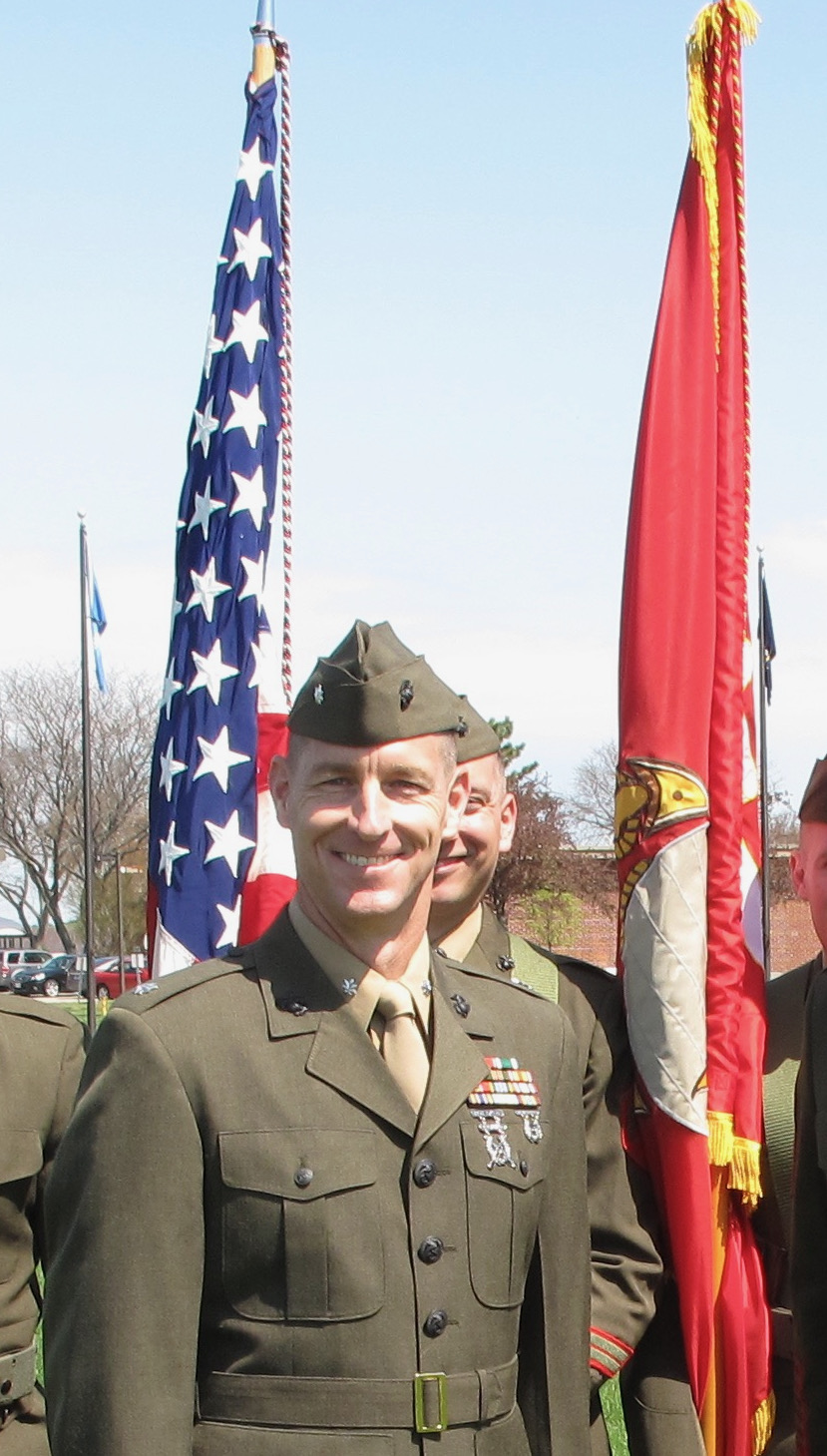Inside Tanium: Kyle Dewar Shares Experience Serving With the Joint Chiefs of Staff in the Pentagon
Tanium employee shares what he learned on military leave with the Joint Chiefs of Staff

Kyle Dewar
Earlier this year, Tanium Director of Technical Account Management Kyle Dewar took military leave to work with the Joint Staff, a central organization within the Department of Defense (DoD).
Tanium has always welcomed those who served in the military and offers paid leave to those who continue their service through the Reserve units of the Armed Forces. The company understands the unique skill set a veteran can bring to an organization.
Employees with a military background are typically hardworking, eager to learn, passionate, and willing to ask for help when they need it. The team-based approach embraced by Tanium actually comes from the military, inspired by General Stanley McChrystal’s book Team of Teams. In a team-of-teams model, everyone is empowered to speak up and lead. That way, valuable information is never stuck at the bottom of the hierarchy.
Recently we had a chance to talk with Kyle about his experience and what he learned with the Joint Staff.
What is the Joint Staff? What was your role there?
Kyle Dewar: The Joint Staff is the central organization within the Department of Defense. Opportunities to serve on the Joint Staff are extremely rare and to be asked to serve is very humbling. For example, within the Marine Corps Reserve, there are only two Colonels billets on the Joint Staff. A temporary billet needed to be created to allow me to join the team.
I supported a new cross-functional team for a modernization effort called Joint All-Domain Command and Control, or JADC2. JADC2 is focused on developing a collection of military capabilities to “sense, make-sense, and act” across all domains (land, air, maritime, space, cyberspace, etc.). My experience with acquisition processes in the Marine Corps, and my commercial background with modern technology, was valuable because I provided a unique perspective.
What was it like to serve on the Joint Staff during COVID?
Kyle Dewar: Working in the Pentagon during COVID was a unique experience. Many people were working from home, so the building was less crowded. But the cost of fewer people was that we had only one Starbucks! And it closed for a while during my tour. Some meetings were very selective, and, in one instance, I needed a negative COVID test before attending a meeting with a Senior Pentagon leader. In the midst of all of this, I enjoyed the focus and energy of my teammates. The tasks I was given were meaningful and made a positive impact. The days were long, but very rewarding.
Why did you decide to take a leave to serve on the Joint Staff?
Kyle Dewar: The choice was difficult. I liked the customer relationships I’d developed while working at Tanium. I was achieving success with three account renewals, the turn-around of a difficult account, contributing to Community Articles, and helping customers mature how they operate Tanium. Nevertheless, my manager recognized the special opportunity for me to serve with the Joint Staff, and he was very supportive. I felt comfortable taking a military leave even though I was not sure how long it would last.
Why did you decide to return to Tanium?
Kyle Dewar: The learning curve on the Joint Staff, like at Tanium, was rather steep. I learned a lot over a short period of time. I enjoy thinking critically about strategy, difficult problems and complex systems. And the Joint Staff has their share of wicked problems, which made the job fun. I was able to help JADC2 generate momentum and help position the cross-functional team for success. Given the natural turnover that military units experience during the summer months, several new Colonels joined the team, and I was able to complete my role. Tanium is an enjoyable place to work, and I value our team culture.
How has working for the Joint Staff and Tanium helped your career?
Kyle Dewar: Working on the Joint Staff helped me develop a better understanding of the internal business processes within the Pentagon. Understanding these processes and recognizing how the Pentagon generates the ‘Joint Force’ will help align Tanium use cases to military capabilities, which in turn will translate into requirements.
Developing a defined DoD requirement for Tanium creates a ‘stickiness’ that reduces risk and increases the opportunity to expand Tanium. While working on the Joint Staff, I applied Tanium collaboration techniques I learned from Slack and Zoom to foster cooperation and build healthy relationships.
To read more about Tanium employees and their service with the military checkout:
Inside Tanium: Employees Make an Impact with Impact
A Cybersecurity Journey From the Army National Guard to Tanium
“Inside Tanium” is part of a series that highlights the people and culture of Tanium. To learn more about Tanium and explore our range of career opportunities, visit our Tanium Careers page.




